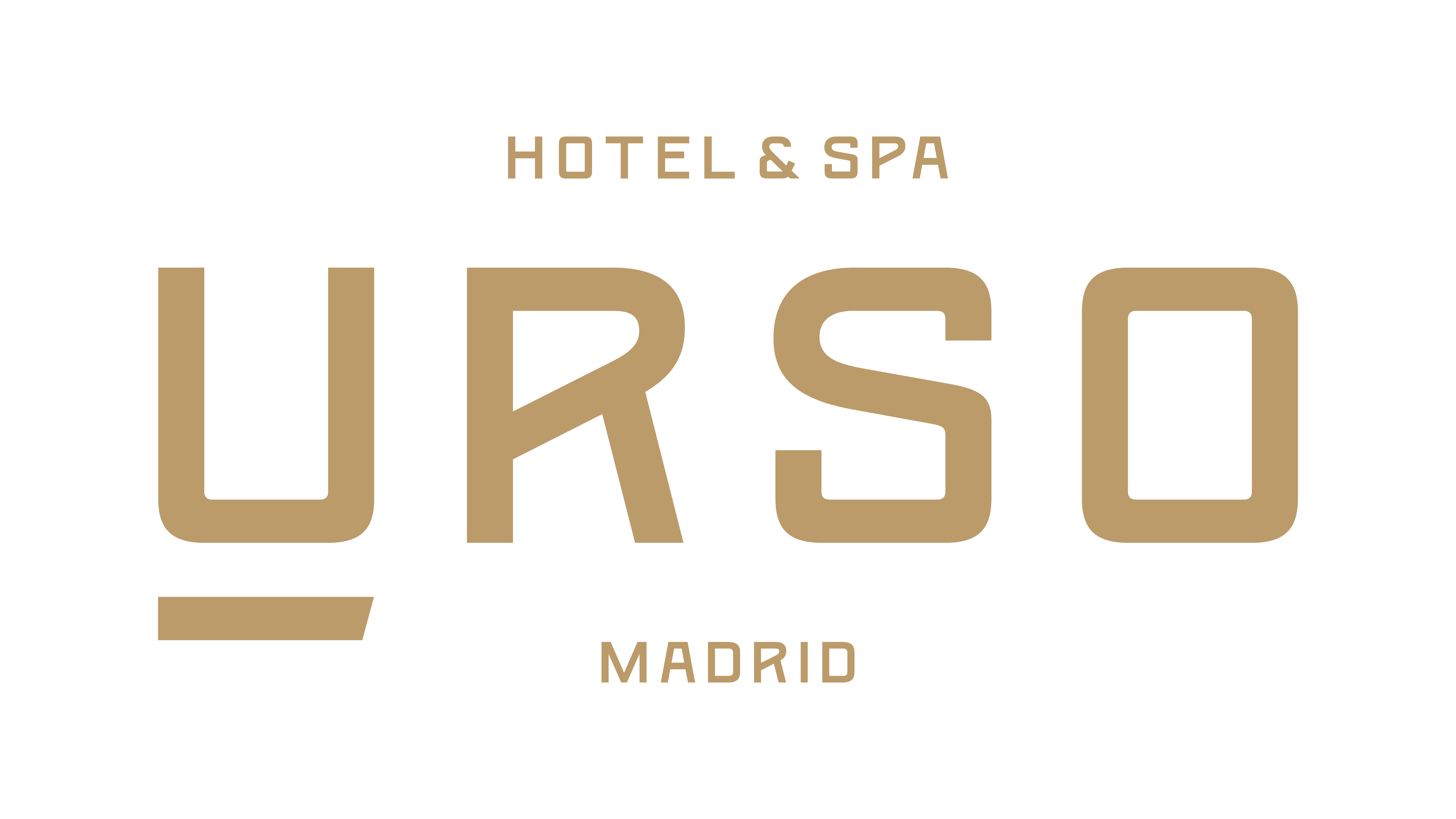Many centuries-old cafés in Madrid continue bringing joy to our streets and our lives, offering the most traditional breakfasts and snacks in the capital. These are some of our suggestions, close to URSO Hotel & Spa:
Antigua Pastelería El Pozo (since 1830)
It is one of the best, traditional and artisan pastry shops in Madrid, where puff pastry is still made by hand, filled with cream or angel hair. Located at number 6 Calle del Pozo, it takes its name from it, which in turn owes its name to the traditional belief of a miraculous well, located on this street and to which the relics of some saints would have been thrown, made that caused “mysterious situations.” The place has undergone several renovations, but the original furniture has been preserved, with a marble and wood counter, an antique cash register and a classic two-plate scale.
Cafés La Mexicana (since 1837)
At the end of the 19th century, Dolores Levil Biel, a Mexican daughter of Spaniards, travelled to Madrid to see the land of her parents. Seduced by the city, she decides to settle and open a small coffee shop on Preciados street, which would end up being known as “La Mexicana”. The coffee was provided by the grandfather of the current director of La Mexicana, who had started roasting coffee in the patio of his house. The success was such that in 1990 it was recognized in the Guinness Records as “the shop that sells the most coffee in the world”.
Nuevo Café Barbieri (since 1901)
It takes its name from the Barbieri theatre, the old Madrid Theater, with which it shared a Street. In 1906, the café moved to its final location on Ave María Street, to larger premises that had been a wine shop, with permission to roast coffee across the street, and which opens as Nuevo Café Barbieri. It is known that the survivors of General Villacampa’s republican uprising, as well as a varied group of intellectuals, met in the cafe. Today’s Café Barbieri has preserved the charm of bygone times with its elegant early twentieth-century décor.
La Mallorquina (since 1894)
Its name is due to the Mallorcan origin of the founders and its original star product was not the current Neapolitan, but the ensaimada and the hot chocolate. It is an establishment with two very well differentiated departments, as it has a café-bar and pastry shop, although it also sells cold cuts. Their ensaimadas, Neapolitans or truffles are famous.
Chocolatería San Ginés (since 1894)
Located in one of the oldest passageways in Madrid, between Arenal and Mayor, there is this churrería. The passageway was the ideal place for “clashes of swords” with which to wash the honour and the stage that Valle-Inclán used to cause the imprisonment of Max Estrella, back in 1920 in his “Luces de Bohemia”. Its location next to the Eslava Theater and the Church of San Ginés has provided for many years a large clientele who, after the performance or mass, drank chocolate with churros. Its opening until late at night attracted livelihoods, intellectuals, artists, film and theatre actors, poets and writers, who found a meeting point here. Today it is still a very popular place.
La Flor del Pan (since 1888)
This bread shop is one of the oldest bakeries in Madrid. The bakery has always been run by a member of the Pereira family. Since 2013 we can find La Flor del Pan at number 17 of Argensola street, in a space that combines the old and the modern, where we can taste breakfasts and meals at the tables of the premises since they have expanded their services to a small but exquisite restaurant, also available to go. And, of course, we can also continue to buy quality artisan bread, totally natural, that the bread shop has been offering to their public for more than a century.
Café Gijón (since 1888)
Nor did Gurmensindo imagine that his coffee would end up being considered as “the last literary café in Madrid”. Spanish characters such as Canalejas, Ramón y Cajal, Pérez Galdós, Romero de Torres, Ramón María del Valle-Inclán, Cossío, Cañabate, Gerardo Diego, Torrente Ballester, Sastre, Cela have lectured in its room. In 1914 he sold the premises to the barber Benigno López Jabato, with two conditions: that it did not stop being a café and that it not be renamed. Nowadays, the barber’s family continues to run the Gran Café de Gijón.
Café Varela (since 1884)
Café Varela is one of the historic Madrid cafes that were born at the end of the nineteenth century. The establishment would end for becoming a welcoming space where the cream of the crop of several generations of writers and artists would meet. The Machado brothers, Pío Baroja, Miguel de Unamuno and the poet Emilio Carrere, who wrote a large part of his work on the cafe tables, participated in its famous gatherings, and who receives the deserved tribute of a commemorative plaque in the current café. Nowadays is a cafeteria and restaurant that offers that mixture of memories, old and modern flavour, with which to delight customers who cross its entrance.
Madrid 1883 (since 1883)
Born as an “economic café”, it offered fritters, churros, batons, hot chocolate and also coffee and milk of its manufacture. In addition, it distributed its products first thing in the morning in different street stalls in the area. During the Civil War, the shortage of raw materials forced the cafe to close and exclusively maintain the activity of delivery of batons and churros. Today, the churrería still offers fritters and artisan fried doughs with the same recipe.

